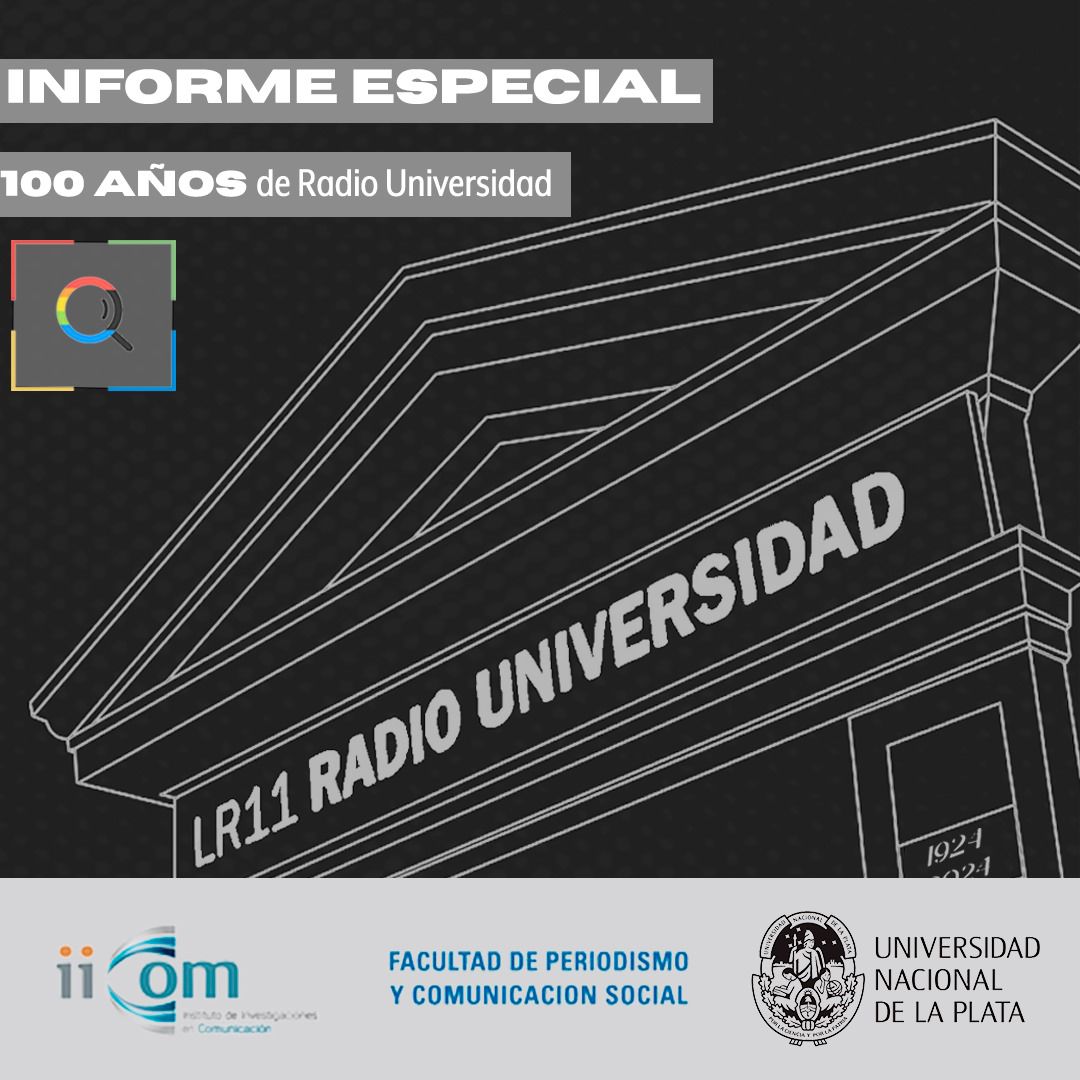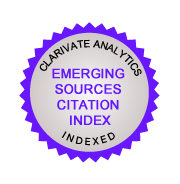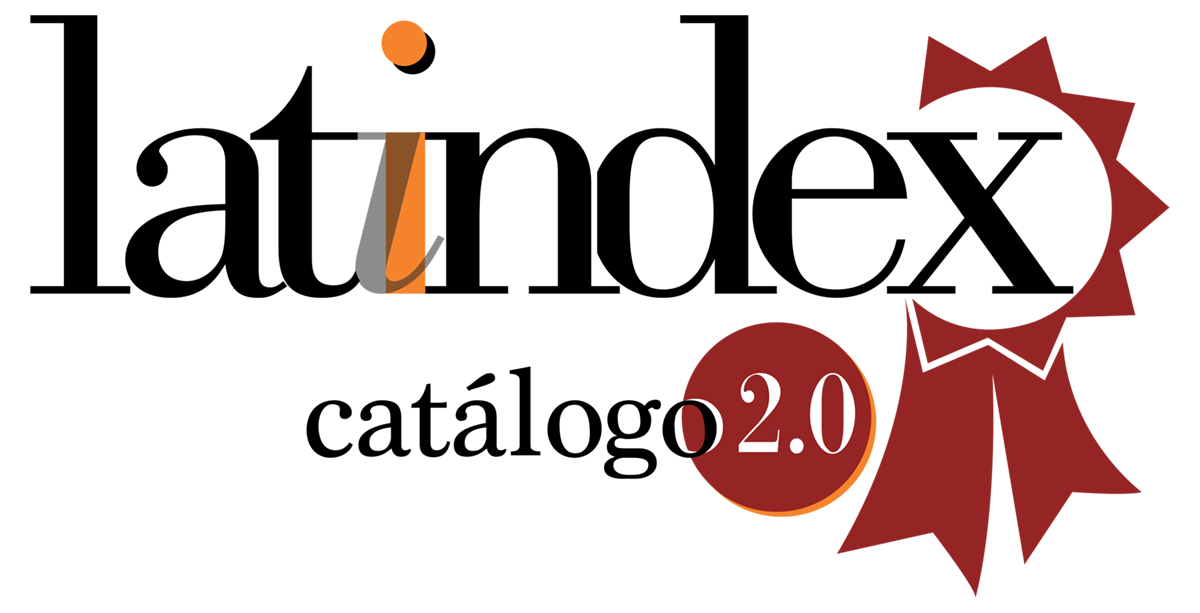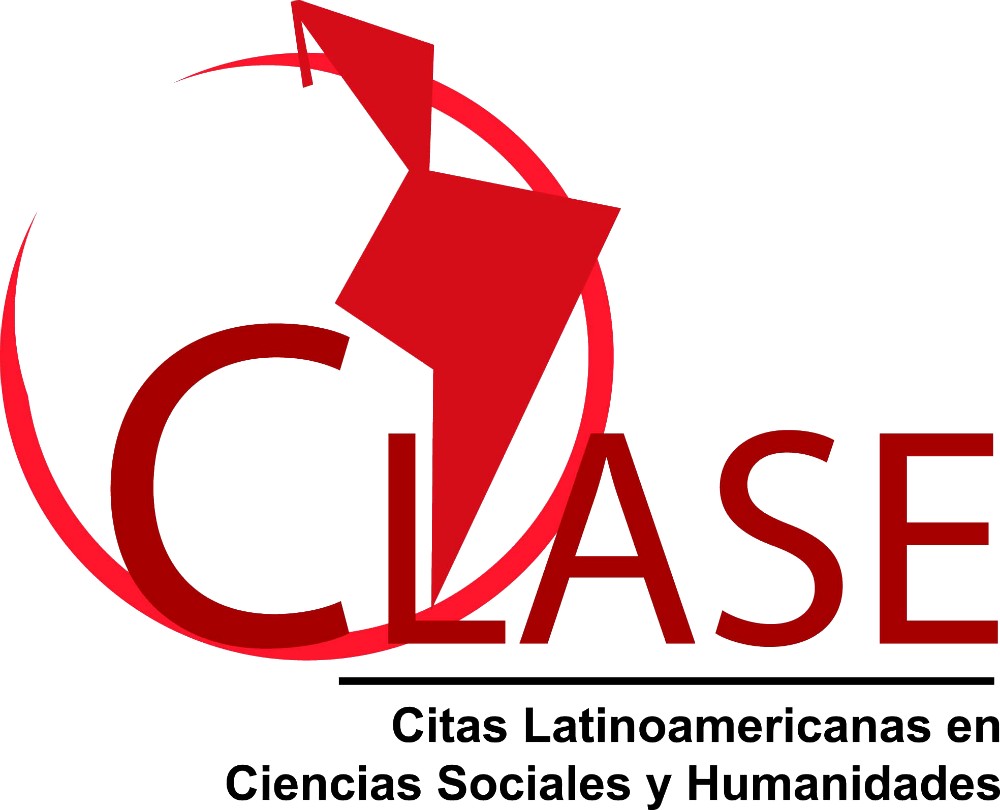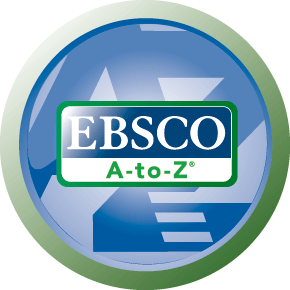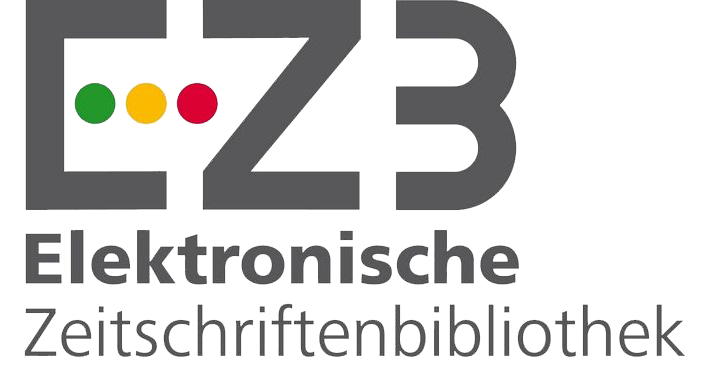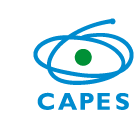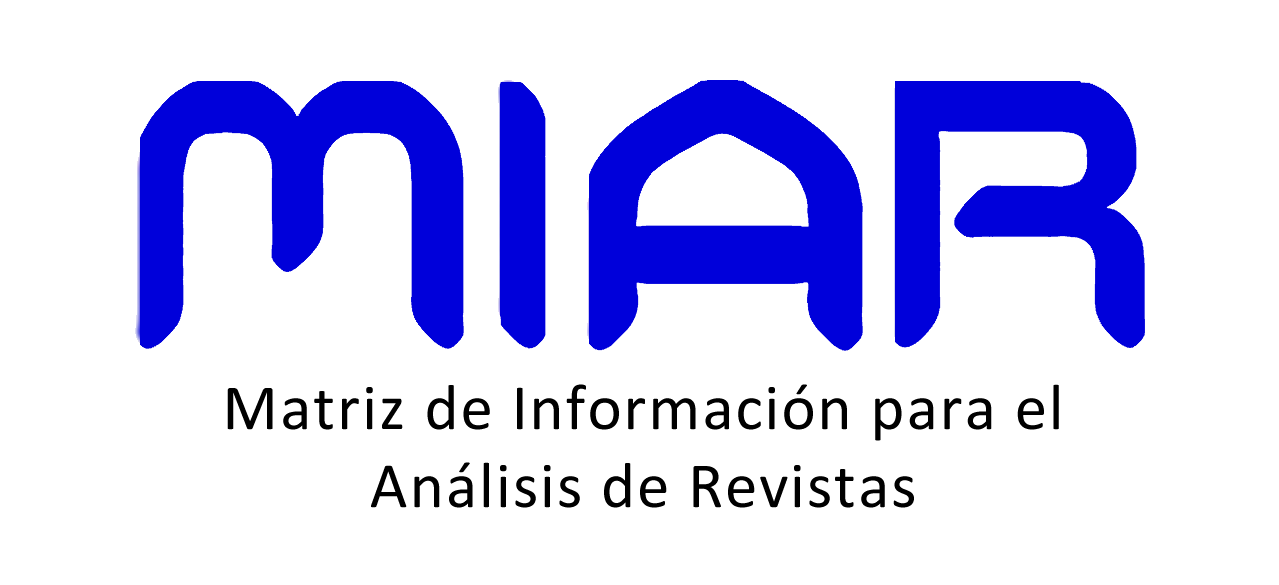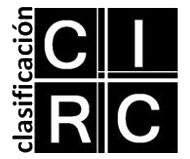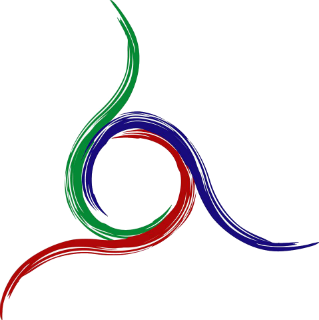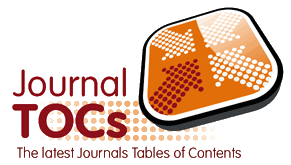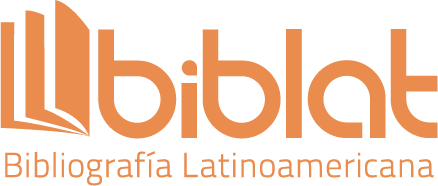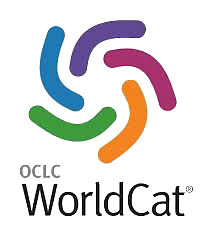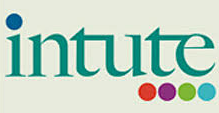Spanish fact-checkers: routines and skills against misinformation
DOI:
https://doi.org/10.24215/16696581e874Keywords:
Misinformation, Professional routines, Spain, Fact-checking, Verification platformsAbstract
As a variant of traditional journalistic verification, fact-checking has emerged in recent years, characterized by the relevance of the digital component in contrasting information. Based on this, the primary purpose of this research is to know the professional routines and the level of training in verifying Spanish fact-checkers. For this purpose, a questionnaire consisting of 29 questions was distributed between May and June 2023 to journalists of Spanish verification platforms (n=18). The results show the prominence of verification in the temporal organization of journalistic work. However, Politics, Economy and Health are the news areas that involve a greater demand and, therefore, a more extraordinary dedication. Most respondents consider that the quality of fact-checking would be higher if they had less workload. For this process, they rely mainly on academic and governmental sources, which are, in turn, the ones they consider to be the most reliable. To this added the growing importance of digital tools. However, this variety is still moderate, which could be attributed mainly to the limited specific training in verification they have received.
Downloads
References
Baptista, J. P. y Gradim, A. (2022). A working definition of fake news. Encyclopedia, 2(1), 632-645. https://doi.org/10.3390/encyclopedia2010043
Bastick, Z. (2021). Would you notice if fake news changed your behavior? An experiment on the unconscious effects of disinformation. Computers in Human Behavior, (116), 106633. https://doi.org/10.1016/j.chb.2020.106633
Batailler, C.; Brannon, S.; Teas, P. y Gawronski, B. (2022). A signal detection approach to understanding the identification of fake news. Perspectives on Psychological Science, 17(1), 78-98. https://doi.org/10.1177/1745691620986135
Bennet, W. y Livingston, S. (2018). The disinformation order: Disruptive communicative and the decline of democratic institutions. European Journal of Communication, 33(2), 122-139. https://doi.org/10.1177/0267323118760317
Blanco, C. (2011). Encuesta y estadística. Métodos de investigación cuantitativa en ciencias sociales y comunicación. Córdoba, Argentina: Brujas.
Blanco-Alfonso, I.; Chaparro-Domínguez, M. Á. y Repiso, R. (2021). El fact-checking como estrategia global para contener la desinformación. Estudios sobre el Mensaje Periodístico, 27(3), 779-791. https://doi.org/10.5209/esmp.76189
Blanco-Herrero, D. y Arcila-Calderón, C. (2019). Deontología y noticias falsas: estudio de las percepciones de periodistas españoles. Profesional de la información, 28(3), e280308. https://doi.org/10.3145/epi.2019.may.08
Brandtzaeg, P. B.; Følstad, A. y Chaparro-Domínguez, M. Á. (2017). How journalists and social media users perceive online fact-checking and verification services. Journalism Practice, 12(9), 1109-1129. https://doi.org/10.1080/17512786.2017.1363657
Brandtzaeg, P. B.; Lüders, M.; Spangenberg, J.; Rath-Wiggins, L. y Følstad, A. (2016). Emerging journalistic verification practices concerning social media. Journalism Practice, 10(3), 323–342. https://doi.org/10.1080/17512786.2015.1020331
Brennen, S.; Simon, F.; Howard, P. y Nielsen, R. K. (2020). Types, source and claims of COVID-19 misinformation. Reuters Institute. Recuperado de https://lc.cx/jtk87x
Casero-Ripollés, A.; Doménech-Fabregat, H. y Alonso-Muñoz, L. (2023). Percepciones de la ciudadanía española ante la desinformación en tiempos de la Covid-19: efectos y mecanismos de lucha contra las noticias falsas. Icono 14, 21(1). https://doi.org/10.7195/ri14.v21i1.1988
Cazalens, S.; Lamarre, P.; Leblay, J.; Manolescu, I. y Tannier, X. (2018). A content management perspective on fact-checking. WWW’18 Companion Proceedings of the web conference 2018, 565-574. https://doi.org/10.1145/3184558.3188727
Ceron, A. y Carrara, P. (2023). Fact-checking, reputation, and political falsehoods in Italy and the United States. New Media & Society, 25(3), 540-558. https://doi.org/10.1177/14614448211012377
García-Marín, D. y Salvat-Martinrey, G. (2022). Tendencias en la producción científica sobre desinformación en España. Revisión sistematizada de la literatura (2016-2021). AdComunica, (23), 23-50. https://doi.org/10.6035/adcomunica.6045
García-Marín, D.; Rubio-Jordán, A. V. y Salvat-Martinrey, G. (2023). Chequeando al fact-checker. Prácticas de verificación política y sesgos partidistas en Newtral (España). Revista de Comunicación, 22(2). https://doi.org/10.26441/RC22.2-2023-3184
Gómez-Calderón, B. y López-Martín, Á. (2024). La verificación de datos en los medios de comunicación españoles: rutinas, fuentes, herramientas y grado de formación de los periodistas. Profesional de la Información, 33. (En prensa).
Graves, L. (2016). Deciding what’s true: The rise of political fact-checking in American journalism. Nueva York, Estados Unidos: Columbia University Press.
Graves, L. y Cherubini, F. (2016). The rise of factchecking sites in Europe. Reuters Institute for the Study of Journalism. Recuperado de https://lc.cx/cGeZJG
Hernández-Sampieri, R.; Fernández-Collado, C. y Baptista-Lucio, M. P. (2003). Metodología de la investigación. México DF, México: McGraw-Hill.
Herrero, E. y Herrera-Damas, S. (2021a). El fact-checker en español alrededor del mundo: Perfil, similitudes y diferencias entre verificadores hispanohablantes. Revista de Comunicación de la SEECI, (54), 49-77. http://doi.org/10.15198/seeci.2021.54.e725
Herrero, E. y Herrera-Damas, S. (2021b). El fact-checking hispanohablante: competencias, dificultades y propuestas de mejora desde la perspectiva de sus profesionales. Profesional de la Información, 30(6), e300612. https://doi.org/10.3145/epi.2021.nov.12
Herrero-Diz, P.; Pérez-Escolar, M. y Varona, D. (2022). Competencias de verificación de contenidos: una propuesta para los estudios de Comunicación. Revista de Comunicación, 21(1), 231-249. https://doi.org/10.26441/RC21.1-2022-A12
Himma-Kadakas, M. y Ojamets, I. (2022) Debunking false information: Investigating journalists’ fact-checking skills. Digital Journalism, 10(5), 866-887, https://doi.org/10.1080/21670811.2022.2043173
Hollowood, E. y Mostrous, A. (2020). Fake news in the time of C-19. Tortoise. Recuperado de https://lc.cx/DarYVS
Kapantai, E.; Christopoulou, A.; Berberidis, C. y Peristeras, V. (2021). A systematic literature review on disinformation: Toward a unified taxonomical framework. New Media & Society, 23(5), 1.301-1.326. https://doi.org/10.1177/1461444820959296
Kappes, A.; Harvey, A.; Lohrenz, T.; Montague, R. y Sharot, T. (2020). Confirmation bias in the utilization of others’ opinion strength. Nature Neuroscience, 23(11), 130-137. https://doi.org/10.1038/s41593-019-0549-2
Kalogeropoulos, A.; Suiter, J. y Eisenegger, M. (2019). News media trust and news consumption: Factors related to trust in news in 35 countries. International Journal of Communication, 13, 3672–3693.
López-Borrull, A.; Vives-Gràcia, J. y Badell, J. (2018). Fake news, ¿amenaza u oportunidad para los profesionales de la información y la documentación? Profesional de la información, 27(6), 1346-1356. https://doi.org/10.3145/epi.2018.nov.17
López-Martín, Á.; Gómez-Calderón, B. y Córdoba-Cabús, A. (2021). Desinformación y verificación de datos. El caso de los bulos sobre la vacunación contra la Covid-19 en España. RISTI-Revista Ibérica de Sistemas e Tecnologías de Informaçao, (E45), 431-443. http://risti.xyz/issues/ristie45.pdf
López-Martín, Á.; Gómez-Calderón, B. y Córdoba-Cabús, Alba (2023). La desinformación, en auge: un análisis de los bulos sobre política española. Visual Review. International Visual Culture Review, 10(num. especial), 1-12. https://doi.org/10.37467/revvisual.v10.4596
Martín-Neira, J. I.; Trillo-Domínguez, M. y Olvera-Lobo, M. D. (2023). Ibero-American journalism in the face of scientific disinformation: Fact-checkers’ initiatives on the social network Instagram. Profesional de la Información, 32(5), e320503. https://doi.org/10.3145/epi.2023.sep.03
Martínez-García, L. y Navarro, C. (2019). Características de los periodistas online españoles: consolidación de una profesión en un contexto de crisis económica. Revista Latina de Comunicación Social, (74), 1.014-1.030. https://doi.org/10.4185/RLCS-2019-1369
Montemayor-Rodríguez, N. y García-Jiménez, A. (2021). Percepción de los periodistas sobre la desinformación y las rutinas profesionales en la era digital. Revista General de Información y Documentación, 31(2), 601-619. https://doi.org/10.5209/rgid.79460
Morani, M.; Cushion, S.; Kyriakidou, M. y Soo, N. (2022). Expert voices in the news reporting of the coronavirus pandemic: A study of UK television news bulletins and their audiences. Journalism, 23(12). https://doi.org/10.1177/14648849221127629
Moreno-Gil, V.; Ramon-Vegas, X. y Rodríguez-Martínez, R. (2021). Fact-checking interventions as counteroffensives to disinformation growth: Standards, values, and practices in Latin America and Spain. Media and Communication, 9(1), 251-263. https://doi.org/10.17645/mac.v9i1.3443
Moreno-Gil, V.; Chaparro-Domínguez, M. Á. y Pérez-Pereiro, M. (2023). Future journalists’ fight against disinformation: analysis of university training offers and challenges in the Spanish context. Communication & Society, 36(2), 171-185. https://doi.org/10.15581/003.36.2.171-185
Newman, E. J.; Jalbert, M. C.; Schwarz, N. y Ly, D. P. (2020). Truthiness, the illusory truth effect, and the role of need for cognition. Consciousness and Cognition, 78, 102866.
Pérez-Escolar, M.; Lilleker, D. y Tapia-Frade, A. (2023). A systematic literature review of the phenomenon of disinformation and misinformation. Media and Communication, 11(2). https://doi.org/10.17645/mac.v11i2.6453
Quintana-Pujalte, L. y Pannunzio, F. (2022). El fact-checking en castellano: prácticas de verificación y herramientas tecnológicas contra la infodemia. Global Media Journal México, 19(36), 56-85. https://doi.org/10.29105/gmjmx19.36-468
Raponi, S.; Khalifa, Z.; Oligeri, G. y Di Pietro, R. (2022). Fake news propagation: a review of epidemic models, datasets and insights. ACM Transactions on the Web, 16(3), 1-34. https://doi.org/10.1145/3522756
Rodríguez-Pérez, C.; Seibt, T.; Magallón-Rosa, R.; Paniagua-Rojano, F. J, y Chacón-Peinado, S. (2023). Purposes, principles, and difficulties of fact-checking in Ibero-America: Journalists’ perceptions. Journalism Practice, 17(10), 2.159-2.177. https://doi.org/10.1080/17512786.2022.2124434
Román-San-Miguel, A.; Sánchez-Gey, N. y Elías-Zambrano, R. (2022). Los profesionales de la información y las fake news durante la pandemia del Covid-19. Vivat Academia, (155), 31-149. http://doi.org/10.15178/va.2022.155.e1312
Sádaba, C. y Salaverría, R. (2023). Tackling disinformation with media literacy: analysis of trends in the European Union. Revista Latina de Comunicación Social, (81), 17-32. https://doi.org/10.4185/RLCS-2023-1552
Salaverría, R.; Buslón, N.; López-Pan, F.; León, B.; López-Goñi, I. y Erviti, M. C. (2020). Desinformación en tiempos de pandemia: tipología de los bulos sobre la Covid-19. Profesional de la Información, 29(3), e290315. https://doi.org/10.3145/epi.2020.may.15
Sautu, R.; Boniolo, P.; Dalle, P. y Elbert, R. (2005) Manual de metodología. Construcción del marco teórico, formulación de objetivos y elección de la metodología. Buenos Aires, Argentina: CLACSO Editorial.
Suau, J. y Puertas-Graell, D. (2023). Disinformation narratives in Spain: reach, impact and spreading patterns. Profesional de la información, 32(5), e320508. https://doi.org/10.3145/epi.2023.sep.08
Tandoc, E.; Thomas, R. y Bishop, L. (2021). What is (fake) news? Analyzing news values (and more) in fake stories. Media and Communication, 9(1), 110-119. https://doi.org/10.17645/mac.v9i1.3331
Ufarte-Ruiz, M. J.; Peralta-García, L. y Murcia-Verdú, F. J. (2018). Fact checking: un nuevo desafío del periodismo. Profesional de la Información, 27(4), 733-741. https://doi.org/10.3145/epi.2018.jul.02
Valverde-Berrocoso, J.; González, A. y Acevedo, J. (2022). Disinformation and multiliteracy: A systematic review of the literature. Comunicar, 30(70), 97-110. https://doi.org/10.3916/C70-2022-08
Vara, A. (2023). Aumenta la desconfianza en las noticias (40%) pero se recupera la credibilidad de las marcas periodísticas españolas. Digital News Report España 2023. Recuperado de https://lc.cx/-aeqHT
Vázquez-Herrero, J.; Vizoso, Á. y López-García, X. (2019). Innovación tecnológica y comunicativa para combatir la desinformación: 135 experiencias para un cambio de rumbo. Profesional de la Información, 28(3), e280301. https://doi.org/10.3145/epi.2019.may.01
Vizoso, Á. y Vázquez-Herrero, J. (2019). Plataformas de factchecking en español. Características, organización y método. Communication & Society, 32(1), 127-144. https://doi.org/10.15581/003.32.1.127-144
Weikmann, T. y Lecheler, S. (2023). Cutting through the hype: Understanding the implications of deepfakes for the fact-checking actor-network. Digital Journalism. https://doi.org/10.1080/21670811.2023.2194665
Downloads
Published
How to Cite
Issue
Section
License
La aceptación de un original por parte de la revista implica la cesión no exclusiva de los derechos patrimoniales de los/as autores/as en favor del editor, quien permite la reutilización, luego de su edición (postprint), bajo una Licencia Creative Commons Atribución-NoComercial-CompartirIgual 4.0 Internacional (CC BY-NC-SA 4.0)
Acorde a estos términos, el material se puede compartir (copiar y redistribuir en cualquier medio o formato) y adaptar (remezclar, transformar y crear a partir del material otra obra), siempre que a) se cite la autoría y la fuente original de su publicación (revista y URL de la obra), b) no se use para fines comerciales y c) se mantengan los mismos términos de la licencia.
La cesión de derechos no exclusivos implica que luego de su edición (postprint) en Question las/os autoras/es pueden publicar su trabajo en cualquier idioma, medio y formato; en tales casos, se solicita que se consigne que el material fue publicado originalmente en esta revista.
Tal cesión supone, también, la autorización de los/as autores/as para que el trabajo sea cosechado por SEDICI, el repositorio institucional de la Universidad Nacional de La Plata, y sea difundido en las bases de datos que el equipo editorial considere adecuadas para incrementar la visibilidad de la publicación y de sus autores/as.
Asimismo, la revista incentiva a las/os autoras/es para que luego de su publicación en Question depositen sus producciones en otros repositorios institucionales y temáticos, bajo el principio de que ofrecer a la sociedad la producción científica y académica sin restricciones contribuye a un mayor intercambio del conocimiento global.

